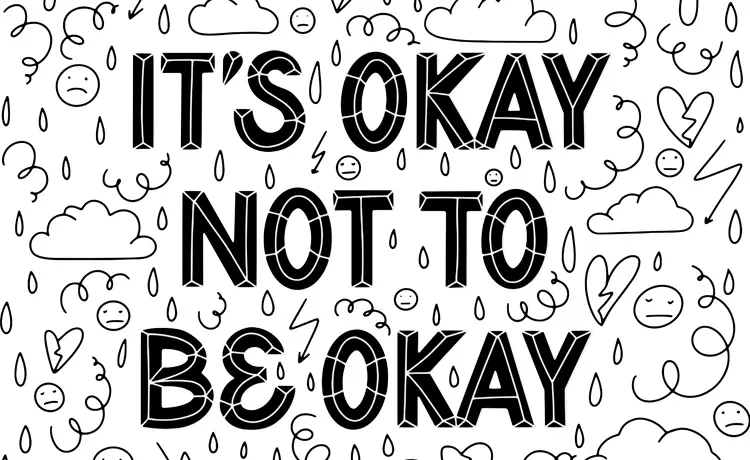When responding to emergency events, such as the COVID-19 pandemic, you will see and experience things that may have an effect on your ability to function. Critical incident stress is a healthy person’s pain response to an abnormal event, sometimes called "traumatic stress." It is caused by exposure to horrible, overwhelming, frightening or threatening events that are way beyond ordinary experiences, even for emergency personnel. The reaction may occur immediately, or even weeks or months after the event. How you are able to manage this stress will determine your physical and psychological well-being. Most people recover from critical incident stress and remain healthy and productive. However, if this stress lasts longer than four weeks, post-traumatic stress disorder (PTSD) may develop.
Signs of Critical Incident Stress
The signs and symptoms of critical incident stress can be physical, mental, emotional or behavioral. People react to stress in different ways and, therefore, the signs of stress will vary from person to person. The list below will help you spot coworkers who are showing serious signs of critical incident stress.
- Fatigue
- Chest pain
- Headaches
- Upset stomach
- Rapid pulse/breathing
- Muscle aches
- Sleep disturbances; nightmares
- Intrusive thoughts
- Fear; panic
- Depression
- Irritability
- Withdrawal/being antisocial
- Angry outbursts
- Increased alcohol consumption
- Loss/increase in appetite
Helping Your Coworkers
If you detect these symptoms in your coworkers:
- Make the responder take an immediate rest break.
- Limit exposure to noise and odors.
- Order an immediate 15-minute rest break.
- Provide non-caffeinated drinks.
- Provide low-sugar and low-fat food.
- Get the responder to talk about his or her feelings.
- Do not let the responder rush back to work.
Helping Yourself
Many agencies have systems in place to help you manage critical incident stress stress reactions. One such system is Critical Incident Stress Management (CISM), in which you share what you’ve gone through, express what you’re feeling, and learn to understand your stress reactions and how to manage them. If necessary, you’ll be referred for further support or help. Recovering from the effects of an emergency situation can be a slow process. Your safety is a main issue, as are your mental and physical well-being. Taking the right steps now can help put you on the road to recovery sooner.
For immediate support, contact the National Suicide Prevention Hotline (800-273-8255) or SAMHSA National Hotline (800-662-4357).
For more information on various Health & Wellness and Security & Preparedness products available to purchase, browse the QuickSeries® library of guides.
